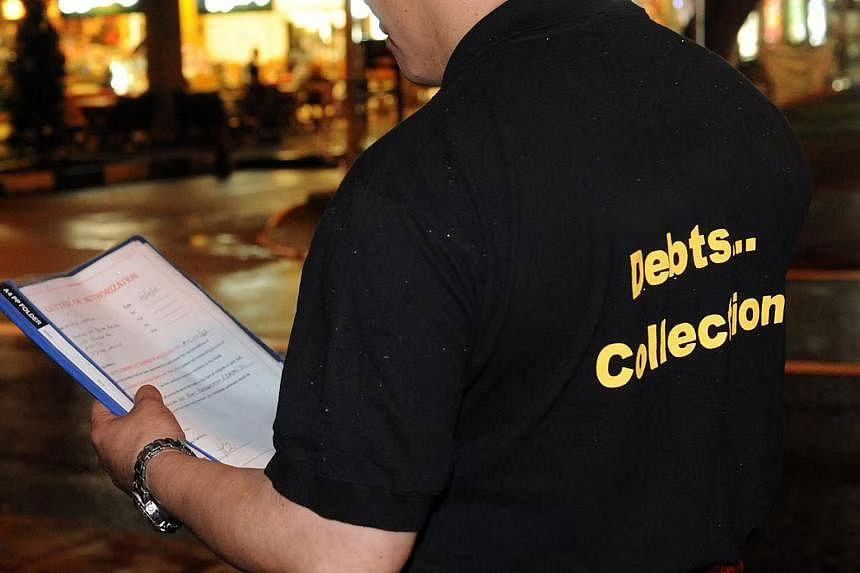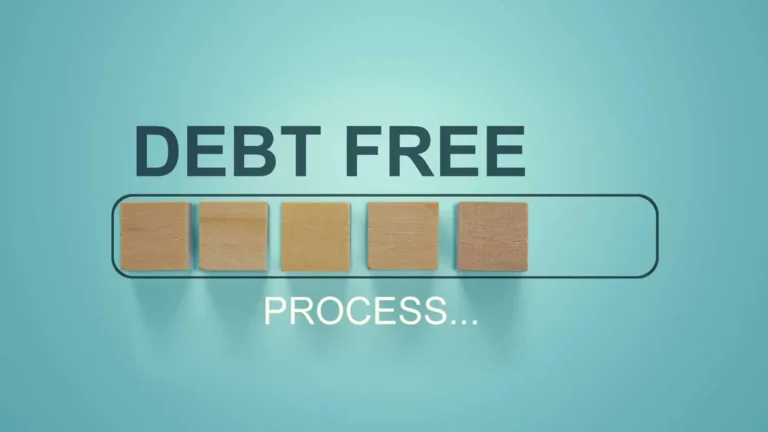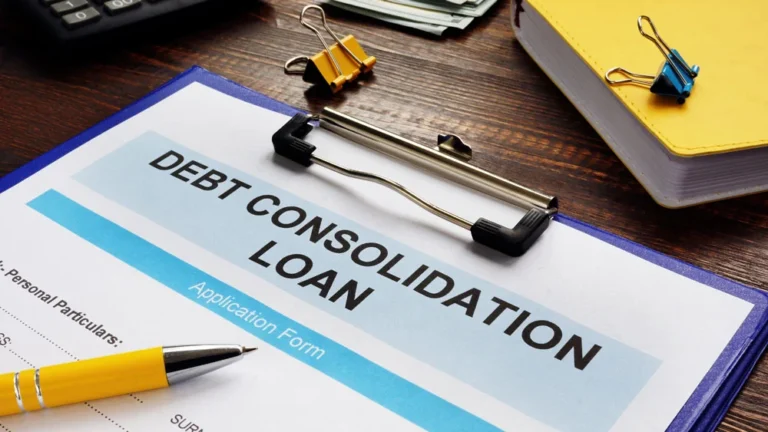Debt collection is an integral part of the financial landscape, ensuring that creditors receive payments from debtors. However, the tactics employed by debt collectors can often become a subject of concern, with some resorting to illegal practices that infringe upon the rights of debtors. In Singapore, there are strict regulations governing debt collection practices to ensure fair treatment and protect both debtors and creditors. In this article, we will delve into the legal and illegal practices of debt collectors in Singapore, shedding light on the guidelines set by authorities.
Legal Practices of Debt Collectors
Verification of Debt Information: Legal debt collectors in Singapore must first verify the debt’s authenticity before contacting the debtor. This process ensures that the debt is valid and accurate, preventing unwarranted harassment of debtors.
Professional Communication: Debt collectors are allowed to contact debtors to discuss repayment arrangements. However, they must communicate professionally and refrain from using threatening language, coercion, or intimidation.
Adherence to Time Restrictions: Debt collectors must adhere to time restrictions when making contact. Calls and messages should be made only between 8 am and 9 pm on weekdays, and 9 am to 5 pm on Saturdays. Sundays and public holidays are off-limits for communication.
Protection of Personal Information: Debt collectors are prohibited from disclosing a debtor’s financial situation to third parties without explicit consent. This safeguard ensures the debtor’s privacy is respected.
Clarity in Written Communication: Debt collectors must provide written communication, detailing the debt amount, creditor information, and steps for repayment. This allows debtors to understand the debt’s nature and make informed decisions.
Illegal Practices of Debt Collectors
Harassment and Intimidation: Debt collectors are forbidden from using aggressive tactics such as harassment, threats, or intimidation to force debtors into repayment. Such practices infringe upon the debtor’s rights and are against the law.
False Representation: Misrepresenting oneself as a legal authority or using misleading information to coerce debtors is unlawful. Debt collectors must provide accurate information and clarify their identity.
Unlawful Seizure of Assets: Debt collectors cannot forcibly seize a debtor’s property or assets without a court order. Any attempt to do so constitutes an illegal practice.
Continuous Contact Outside Allowed Hours: Repeatedly contacting debtors beyond the allowed hours, including weekends and public holidays, is considered an illegal practice and can lead to penalties.
Threats and Defamation: Making threats, using derogatory language, or defaming a debtor’s character to pressure repayment is illegal and can result in legal action against the debt collector.
Qn: Can a debt collector come to my workplace?
In Singapore, debt collectors are generally prohibited from visiting a debtor’s workplace to collect debts. The Ministry of Law’s guidelines emphasize that debt collectors should not engage in actions that cause embarrassment or harassment to debtors, which includes showing up at their workplace. Debt collection should be conducted in a respectful and professional manner. Debt collectors can contact debtors to discuss repayment arrangements, but they must adhere to time restrictions and ensure that communication is not aggressive or intimidating. If a debt collector’s behavior becomes harassing or invasive, debtors have the right to file complaints with relevant authorities.
Guidelines and Regulations
The Ministry of Law and the Registry of Moneylenders in Singapore have established comprehensive guidelines and regulations to prevent illegal debt collection practices. Debt collectors and creditors are required to follow these rules to ensure fair treatment of debtors.
Debt Collection Guidelines: These guidelines cover various aspects of debt collection, emphasizing fair and ethical practices. Debt collectors must identify themselves, provide accurate information about the debt, and respect the debtor’s privacy. Harassment, threats, and intimidation are strictly prohibited.
Registry of Moneylenders: Licensed moneylenders must adhere to a strict code of conduct that ensures ethical behavior in debt collection. Any violations can result in the revocation of their license.
Protection from Harassment Act (POHA): The POHA in Singapore offers protection against harassment and intimidation. Debtors who face unwarranted harassment from debt collectors can seek legal remedies under this act.
Understanding the legal and illegal practices of debt collectors in Singapore is crucial for both creditors and debtors. While debt collectors play a significant role in the financial ecosystem, they must operate within the bounds of the law to protect the rights and dignity of debtors. By adhering to the guidelines and regulations set by authorities, debt collectors can ensure fair treatment, maintain their credibility, and contribute to a responsible debt collection environment in Singapore.
Qn: What do I do if I am harassed by a debt collector?
If you find yourself being harassed by a debt collector in Singapore, it’s essential to know your rights and take appropriate steps to protect yourself. Harassment from debt collectors is against the law and there are measures you can take to address the situation:
Stay Calm: While facing harassment can be distressing, try to remain calm and composed. Remember that there are laws in place to protect you from such situations.
Document Everything: Keep records of all communications with the debt collector. This includes call logs, messages, emails, and any other forms of communication. These records will serve as evidence if you decide to take legal action.
Know Your Rights: Familiarize yourself with the debt collection guidelines set by the Ministry of Law and the Registry of Moneylenders in Singapore. Debt collectors must follow these guidelines, and any violation can be reported.
Request Information in Writing: If a debt collector contacts you, request all communication to be provided in writing. This ensures clarity and provides a paper trail.
Cease and Desist: If you feel harassed, you can send a formal letter to the debt collector asking them to cease all communication. This should be done through registered mail to ensure documentation.
Seek Legal Advice: If the harassment persists, consider seeking legal advice from a lawyer who specializes in debt collection laws. They can guide you on the best course of action.
File a Complaint: Lodge a formal complaint with the relevant authorities. You can file a complaint with the Ministry of Law, the Monetary Authority of Singapore (MAS), or the police if necessary.
Protect Personal Information: Do not provide sensitive personal or financial information to the debt collector. They should already possess accurate information regarding your debt.
Know the Limits: Debt collectors have specific hours during which they can contact you (e.g., between 8 am and 9 pm on weekdays). If they are calling outside these hours, it’s likely a violation.
Remember, you have the right to be treated fairly and respectfully. Harassment from debt collectors is not only unethical but also illegal in Singapore. By knowing your rights and taking proactive steps, you can put an end to the harassment and protect your well-being. If necessary, consult legal experts for guidance on the best course of action for your specific situation.
If you find yourself harassed by unfair conduct from debt collectors /moneylenders: Call the Police 999 or Ministry of Law to file a complaint: 1800-225 5529




